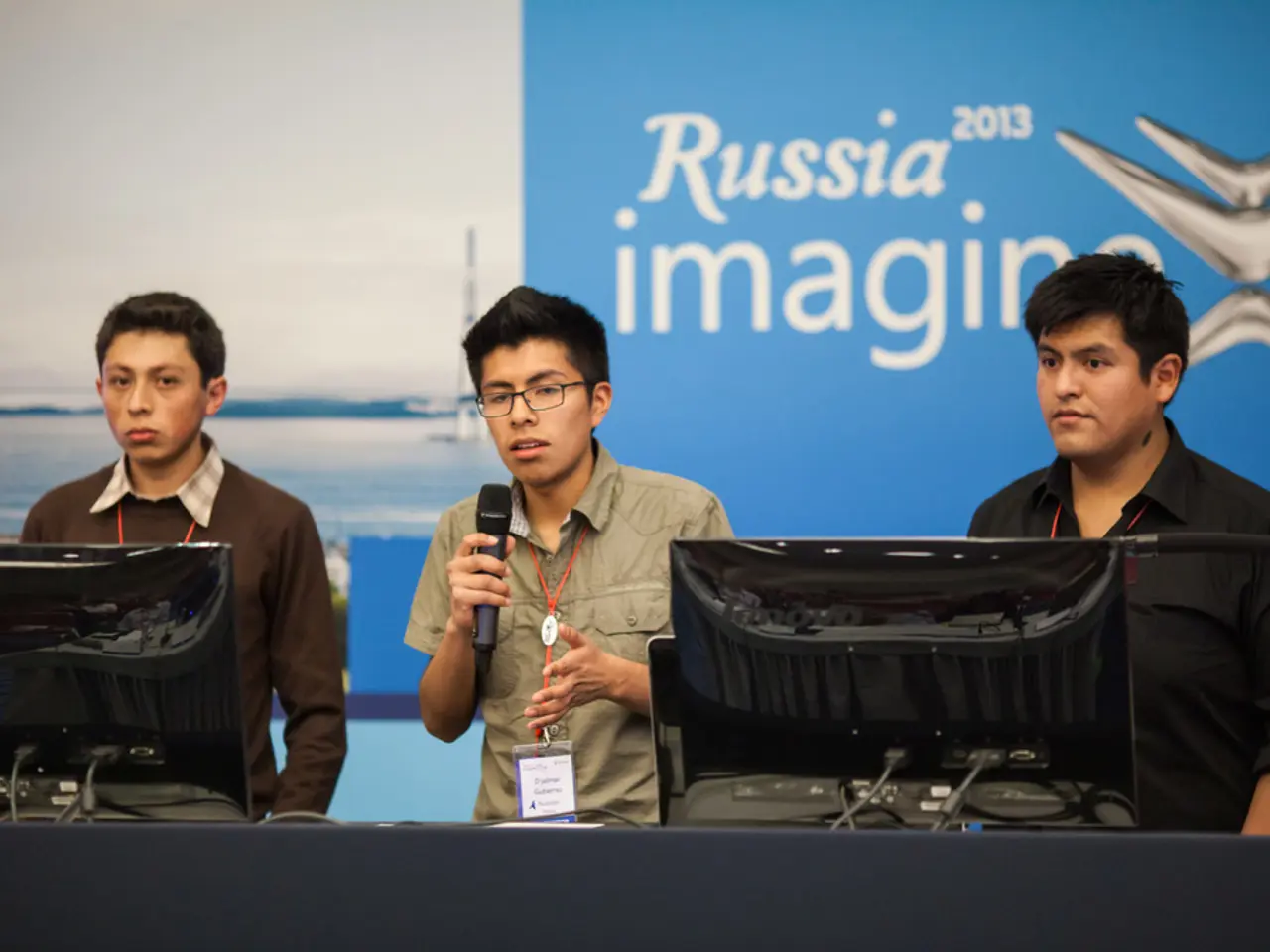Nvidia's desktop CPU delay linked to Windows postponements; ongoing chip revisions and decreasing demand also implicated
The release date for Nvidia and MediaTek's highly anticipated N1X AI PC platform has been moved to the first quarter of 2026, according to recent updates and rumours as of August 2025.
The delay is primarily due to technical development hurdles with the chip's silicon and software stack, as well as the need to ensure seamless ecosystem support for this new class of Arm-based AI PC processors.
The N1X, which is still in its early engineering sample stages, is not yet optimized, with performance benchmarks indicating room for improvement. The chip runs at a modest power budget and shows limited utilization during stress tests, suggesting that firmware, BIOS, or driver immaturity requires further refinement before launch.
Another challenge lies in the Arm-based architecture, as compatibility and support for Arm-capable operating systems are logistical hurdles delaying broader consumer adoption and product readiness.
Nvidia's work with partners like Alienware on gaming laptops featuring the N1X suggests integration complexities and the need to ensure a smooth user experience before releasing to market.
The N1X platform is expected to deliver 180-200 TOPS of AI compute performance, making it a significant player in the AI hardware market. Initially, the platform will prioritize enterprise-class systems for the initial rollout.
Meanwhile, MediaTek is involved in Google's v7e AI project, a next-generation TPU co-developed by Google and MediaTek, designed for large-scale AI workloads in Google's data centers.
Nvidia and MediaTek are also collaborating on edge AI development with Nvidia's TAO toolkit and MediaTek's NeuroPilot SDK, as well as advancing joint efforts in automotive AI via MediaTek's Dimensity Auto platform.
The partnership between MediaTek and Google could generate estimated revenue of $4 billion, and the companies are banking on stronger commercial adoption before expanding into the consumer segment.
Major OEMs and ODMs, including Dell, HP, Lenovo, Asus, MSI, and Compal, are preparing notebook and desktop designs for the N1X platform. The N1X platform will serve as Nvidia's first real-world testbed for consumer-facing AI PC hardware before the N1X arrives.
The v7e AI project signals MediaTek's growing presence in the AI silicon market, both at the edge and in data centers. The delay in the N1X platform's release might be due to aligning with Microsoft's OS updates, fixing remaining chip-level issues, and waiting for commercial demand to stabilize.
SemiAccurate's earlier claims of hardware defects in the N1X platform may still hold some truth, but the companies are refining both hardware and strategy for the N1X platform, with the new Q1 2026 timeline suggesting a more calculated delay.
Sources: [1] SemiAccurate [2] AnandTech [3] Tom's Hardware [4] WCCFTech [5] PC Gamer
Read also:
- Hyundai N affirms transition to hybrid performance-centric models, initiating with Tucson N
- Experienced a 4,000-mile journey in my 2025 Lexus GX 550 on Trail, found the vehicle packed with power, yet the infotainment system exhibited a disconcerting habit of resetting my personal settings arbitrarily.
- Smart-home integration inflates EV charging efficiency
- Police in Nuremberg are patrolling the city on electric motorcycles








